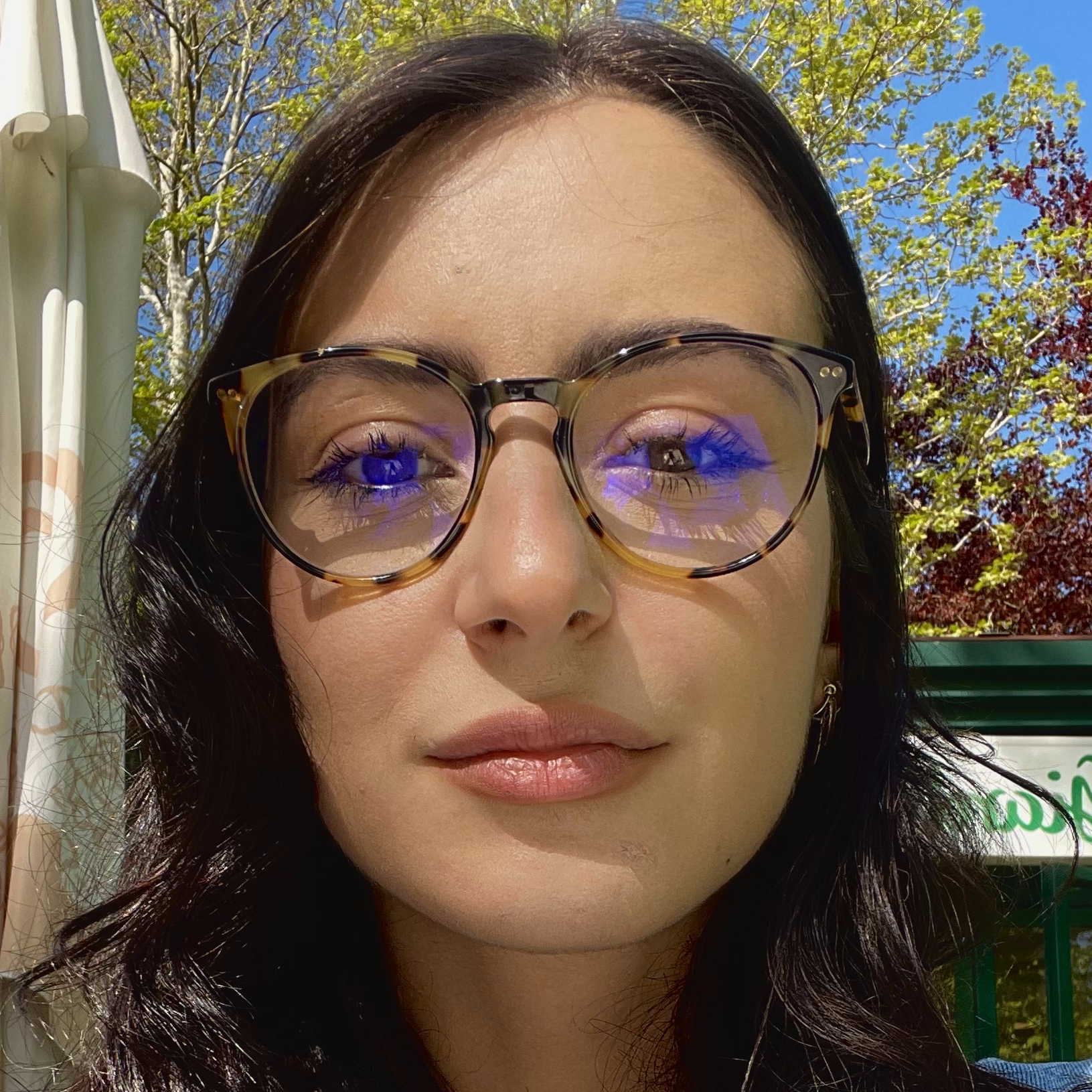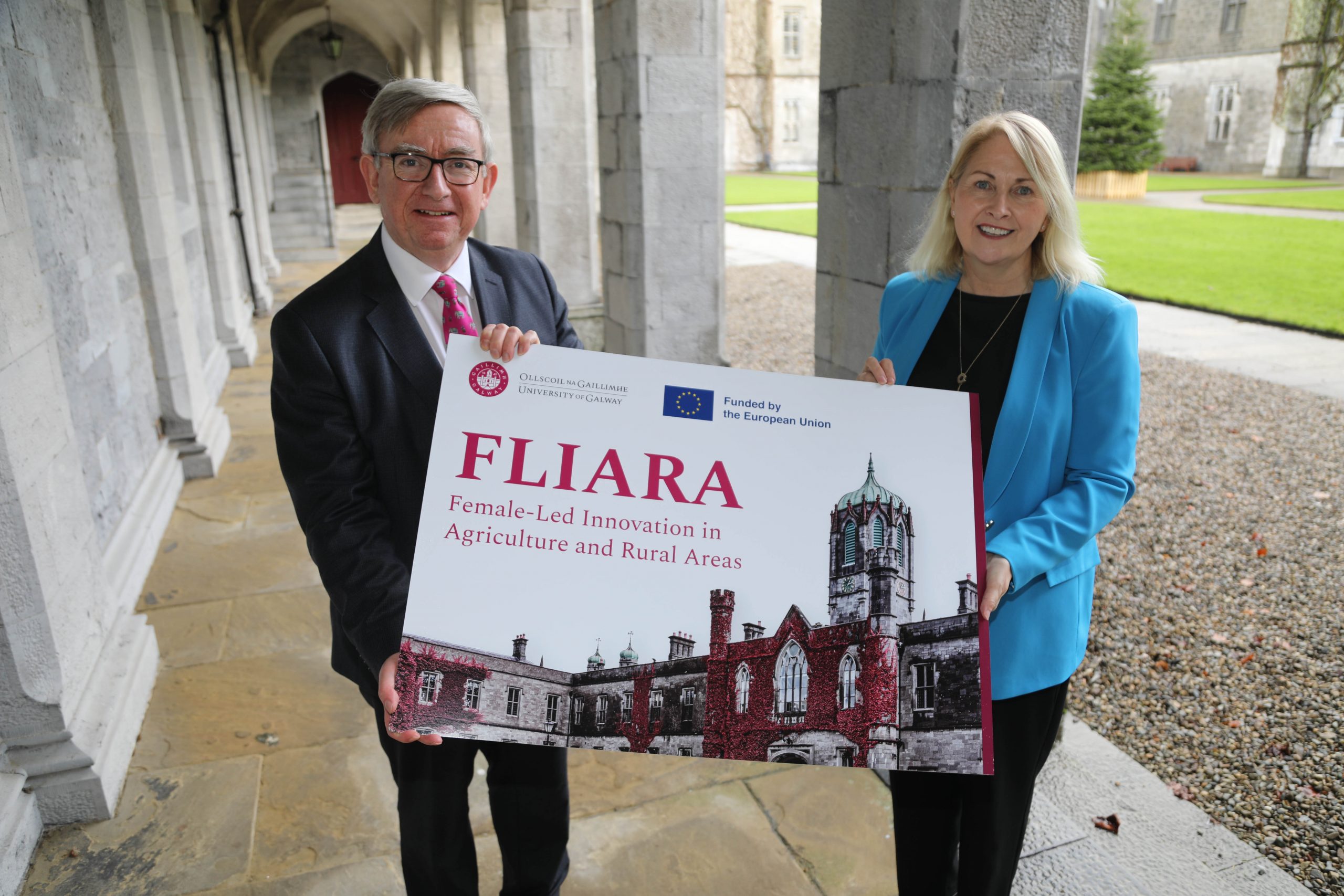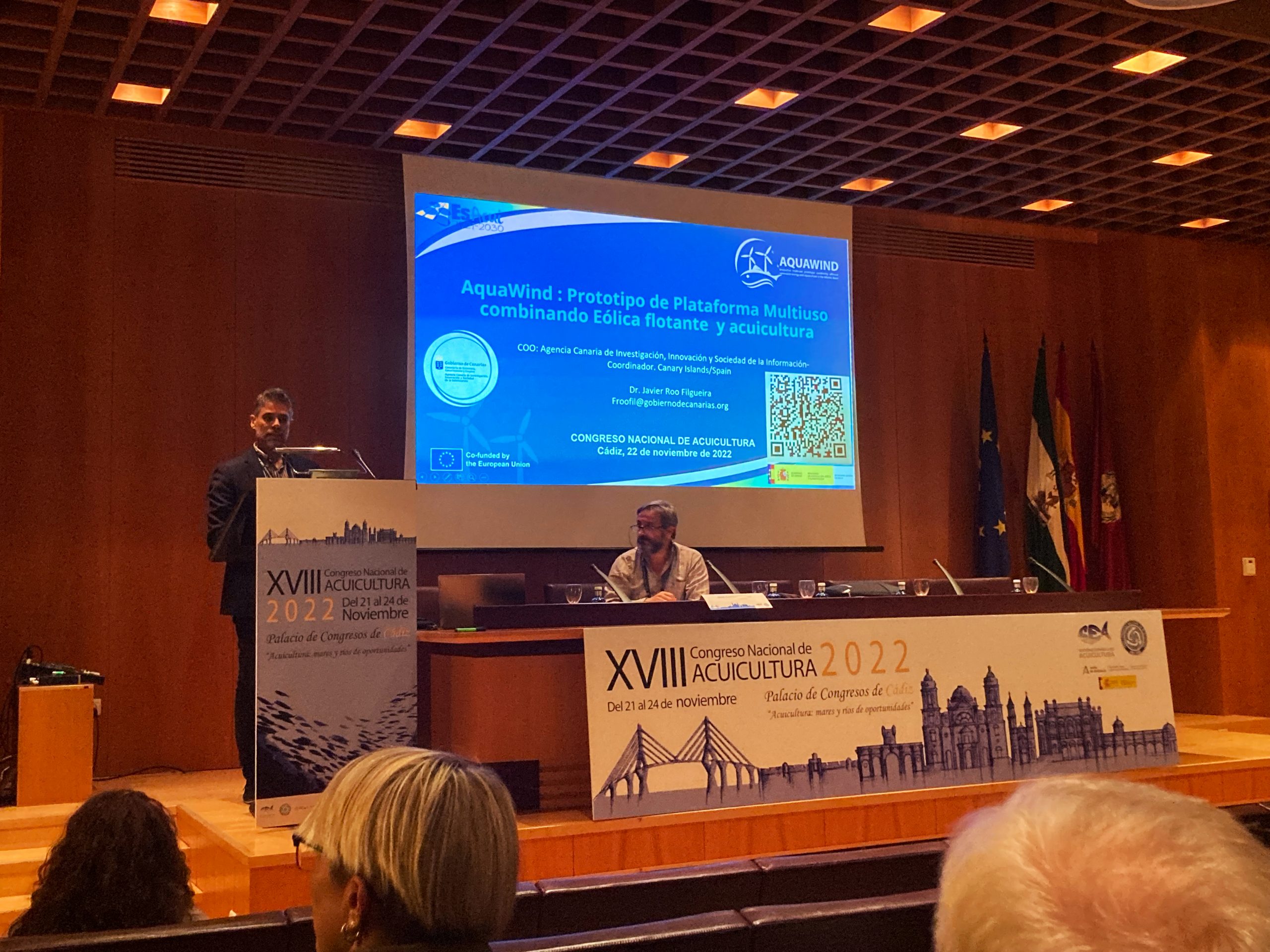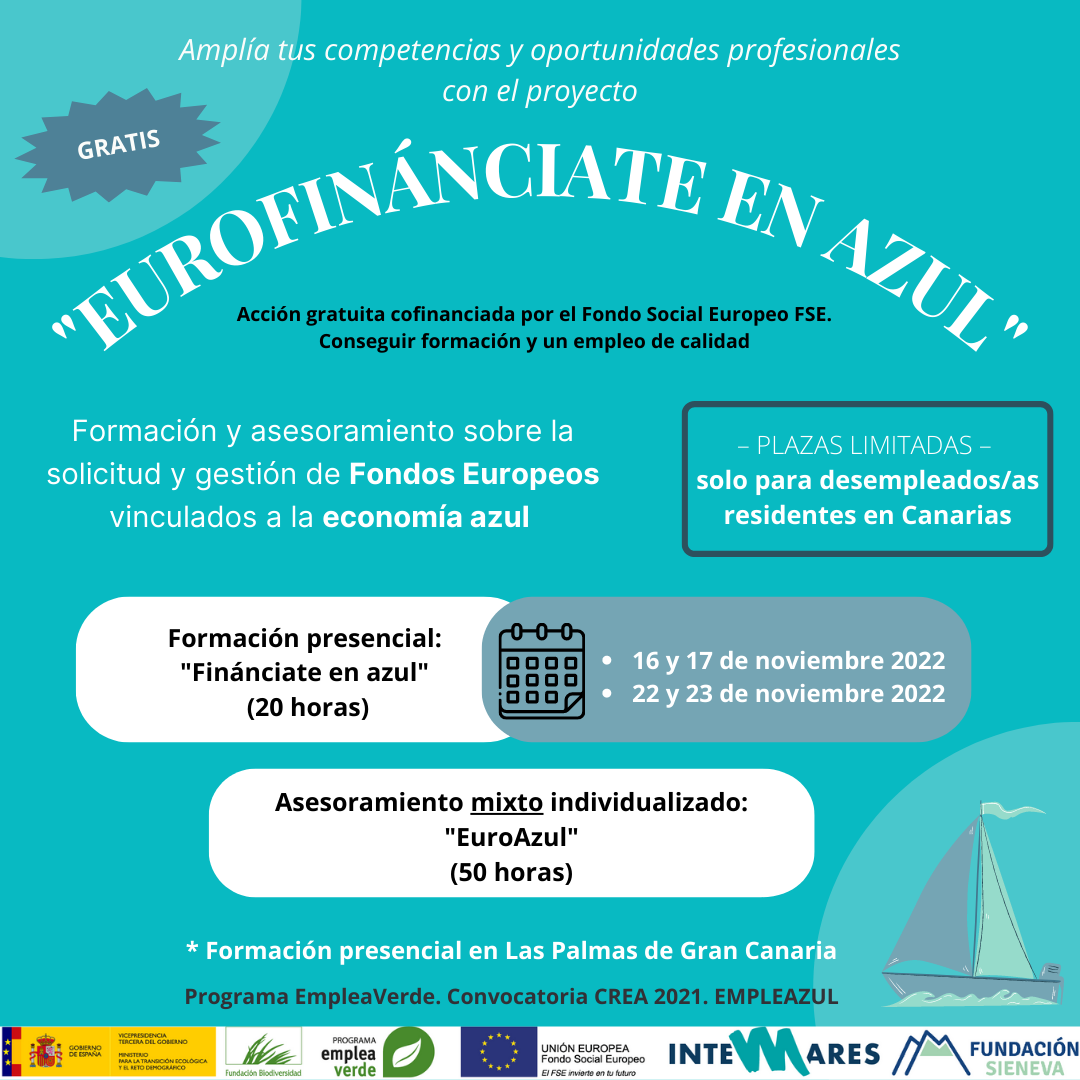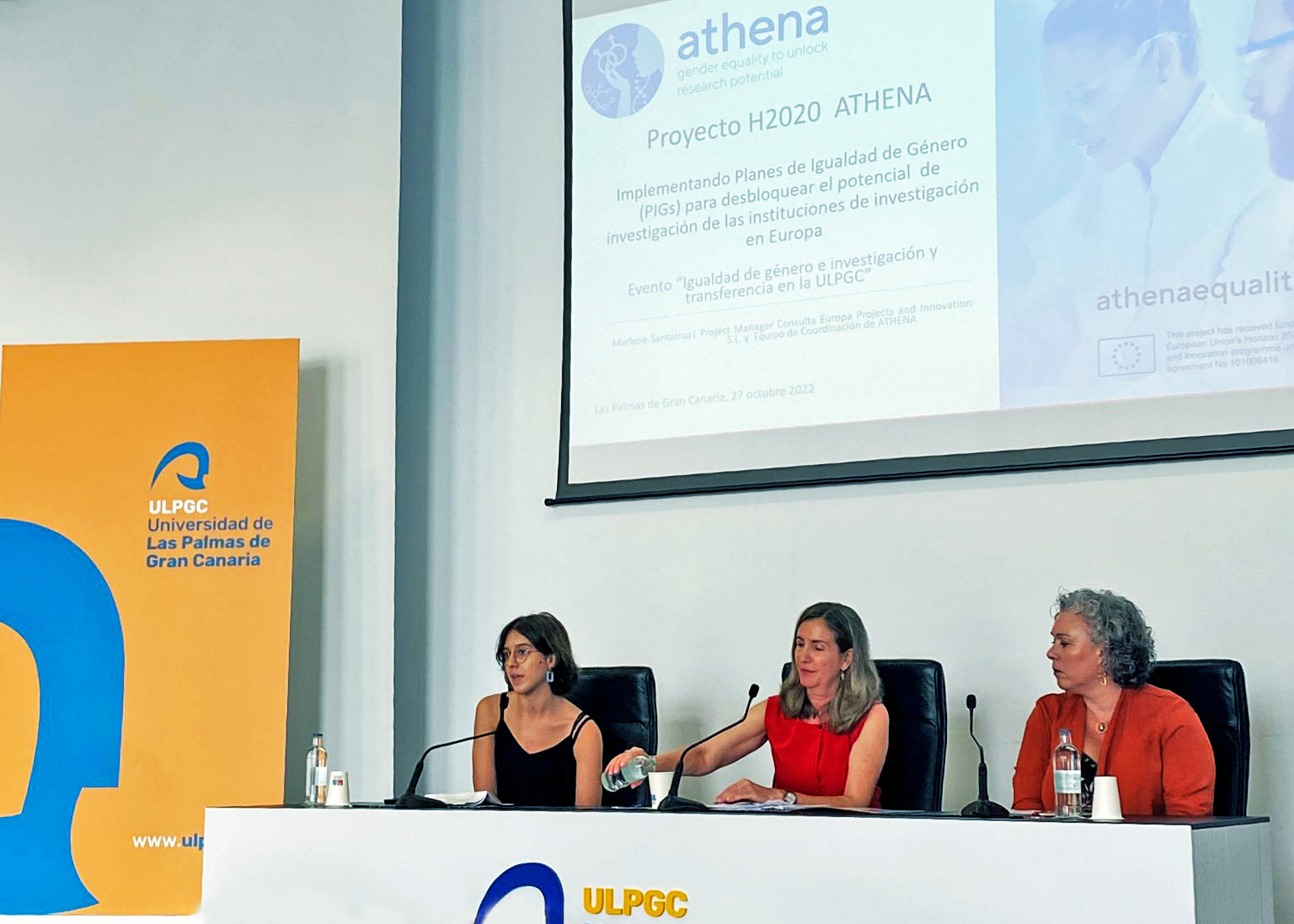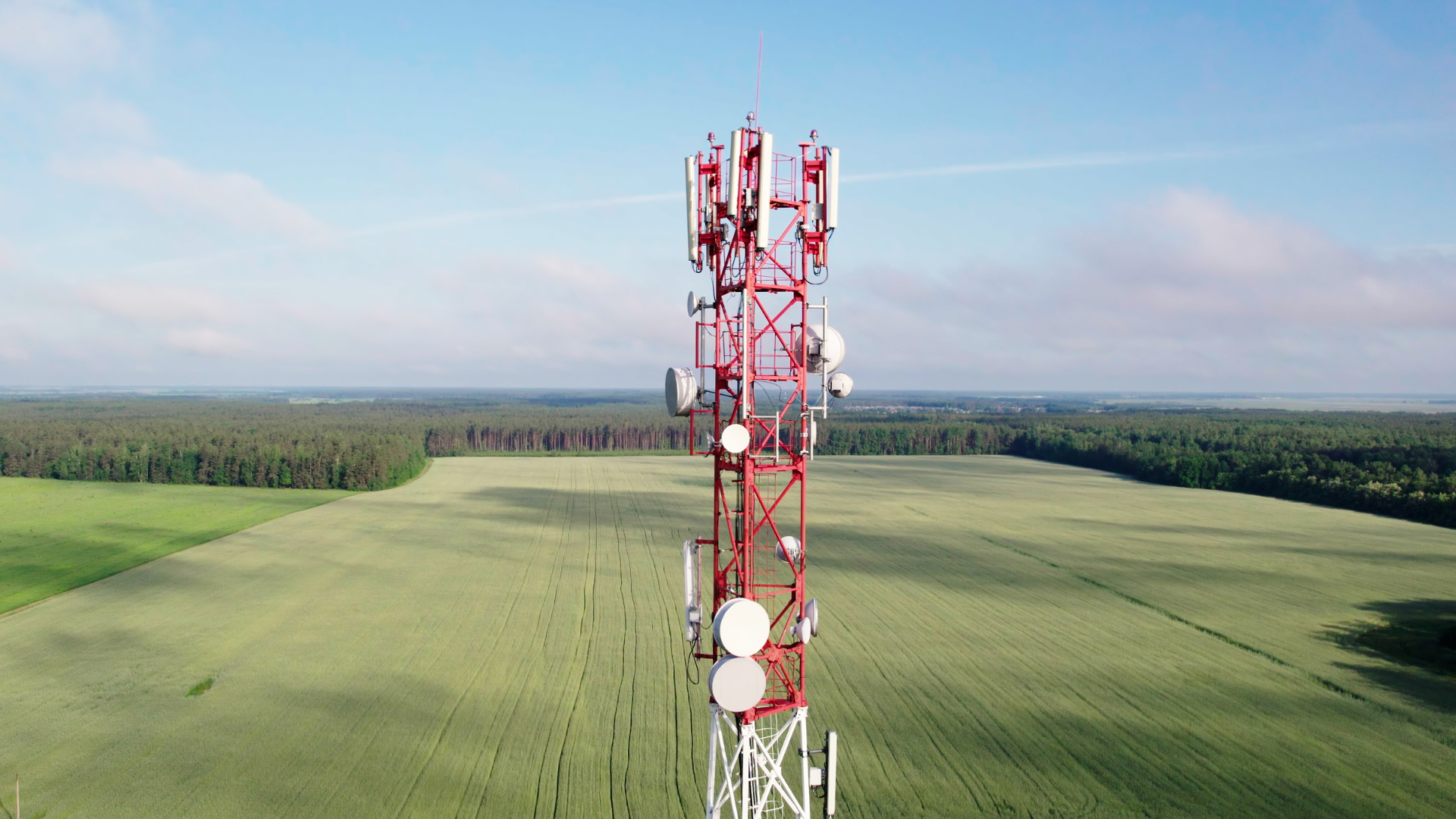“Doing an internship at Consulta Europa was a rewarding experience: I was able to work on multi-faceted projects, with a collaborative team and in a positive work environment.”
Sofia Arnone
“I learned a lot at Consulta Europa, and it allowed me to work in a young and collaborative environment, where I tested myself and grew professionally.”
FLIARA, the European project to enhance the role of women in rural life, have already been launched
FLIARA – Female Led Innovation in Agriculture and Rural Areas
New initiatives, such as FLIARA, have initiated within the new year. The Horizon Europe project, which stands for Female-Led Innovation in Agriculture and Rural Areas proposes a unique and innovative approach to improve understanding, awareness and recognition of women’s role in a more sustainable rural future. As well as developing more effective policy and governance frameworks that can support and enhance the capacity of women who live and work in these areas to contribute to it.
The diverse project partnership, includes universities, SMEs and other practitioners across ten EU countries. Last Monday 9 January, all partners met in order to get to know each other and to share the objectives and the challenges faced. At this meeting, Consulta Europa, leader of the communication, dissemination and exploitation tasks, had the opportunity to present the first actions that will be carried out in FLIARA in the framework of its work package.
The FLIARA project is led by a research team from the University of Galway’s School of Geography, Archaeology and Irish Studies, including Associate Professor Maura Farrell.
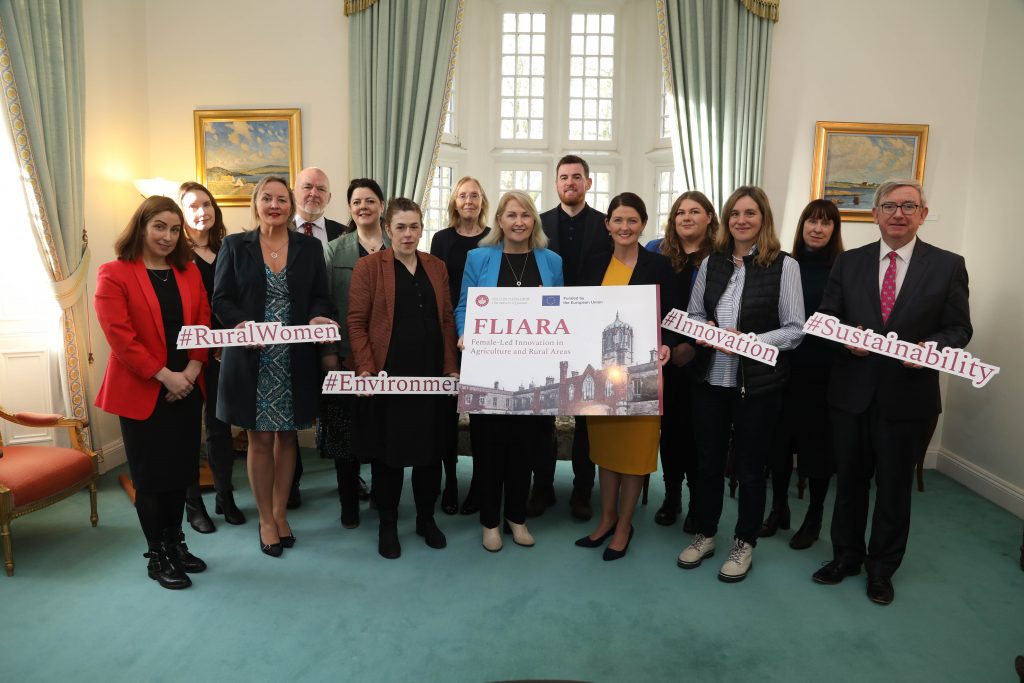
Outlining the vision for the project, Maura Farrell said:
“To overcome Europe’s rural challenges and embrace potential opportunities, there is a need for all individuals and communities to participate in rural innovation. […] Traditionally, rural women’s employment opportunities and contribution to innovation has been overshadowed, and often suppressed, by a patriarchal ethos.”
FLIARA will identify visions for sustainable farm and rural futures and the sustainability innovations needed to realise these visions.
By the end of January (26th-27th) will be held in Brussels, the official kick-off meeting, where all work packages that need to be addressed during its 3-year duration will be presented.
TOURISME launches its last newsletter of the year
TouriSME project aims to make European tourism SMEs capable and skilled to shift towards more sustainable business models. The most significant updates regarding the final quarter of the European project’s year were included in its third newsletter, which was released in December.
Two training sessions for SMEs, held in September in Valencia, offered the opportunity to learn about the impact that TouriSME was having on the companies participating in the project.
On the other hand, a second project meeting took place in Rimini, during Ecomondo. This meeting was the occasion for partners to confirm the extension of TouriSME until June next year. As the end of the project is approaching, the partners focused their attention onto the next main events, which would include a matchmaking event in Madrid on 17 and 18 January 2023, during the FITUR International Tourism Fair.
TouriSME ends the year with a webinar held by Consulta Europa on 16 December to guide beneficiaries through the financial aspects of the project in the run-up to the final stretch of the project.
Find out more about more news of the project and don’t miss any update of the Newsletter by clicking here!.
Consulta Europa is looking for a Senior EU Project Manager
We are looking for a Senior EU Project Manager responsible for managing EU funded projects, writing EU tenders & project applications, and supporting in the coordination of the junior project managers of the company. He/she will work in close cooperation with the rest of the team and will be based at our office in Las Palmas de Gran Canaria.
Main tasks and responsibilities include:
-Manage complex EU projects autonomously, especially in the field of healthcare/life sciences and technology;
-Support in the planning and coordination of the work of project managers and rest of the team; revising deliverables and ensuring quality of the work delivered;
-Writing tender proposals and project applications;
-Coordinate in conjunction with the Communication Team, all dissemination and communication activities related to funded projects and other initiatives or activities of the company.
Required profile:
· Master’s Degree in Healthcare, Life Sciences, Engineering, Economics or Humanities. Phd is an asset;
· Minimum 2 years of relevant professional experience in European projects development and management. Management of previous EU funded projects in the field of healthcare/life sciences/technology/AI will be considered as an asset;
· Excellent English writing skills (candidates not complying with the requested level will not be considered); good Spanish writing skills and other languages are considered as an asset;
· Good analytical and organisational skills and ability to meet tight deadlines;
· Open personality with strong interpersonal, communication, negotiation and networking skills and a flexible and dynamic attitude.
Please note that Consulta Europa is a small company but very active at European level. The team is multinational and multidisciplinary.
Interested candidates can send their CVs at beatrice.avagnina@consulta-europa.com indicating “Senior Project Manager position” in the subject of the e-mail.
Remote work is not eligible for this position. If you are not living in Gran Canaria or do not consider relocating, please do not candidate.
Consulta Europa is looking for a Junior EU Project Manager
We are looking for a Junior EU Project Manager to support us with the management and execution of our EU funded projects.
Requirements:
– University Degree related to the areas of Environmental Sciences, Engineering, Geography and/or Economics.
– C1 English (candidates not complying with the requested levels will not be considered); good knowledge of Spanish; other languages are considered as an asset;
– Computer literacy (Office).
We will value positively:
– Study or work experience abroad.
– Flexible, proactive, and dynamic attitude.
Experience in managing European projects is not required as in-depth internal training will be provided, but flexibility is needed to carry out different tasks that may include research, administrative and financial management, communication, organisation of meetings and events.
Please note that Consulta Europa is a small company but very active at European level. The team is multinational and multidisciplinary.
Interested candidates can send their CVs at beatrice.avagnina@consulta-europa.com indicating “Junior Project Manager position” in the subject of the e-mail.
Remote work is not eligible for this position. If you are not living in Gran Canaria or do not consider relocating, please do not candidate.
AquaWind surprises at the Cádiz National Aquaculture Congress
The project coordinated from the Canary Islands and unique in Europe that links offshore wind energy and aquaculture production on a floating platform leaves great expectations at the Andalusian Conference Center, both in the field of fish farming and renewable energy and blue growth, strategic lines of the event.
Thursday, 24th November 2022.- Under the slogan “Aquaculture: seas and rivers of opportunities” of the XVIII National Aquaculture Congress, AquaWind has been presented at the Palacio de Congresos de Cádiz, a pioneering project in Europe by linking offshore wind energy and the aquaculture production of marine fish in the same floating platform. An innovative initiative that promises to bring real development opportunities at the national level, both in the field of fish farming, renewable energy and blue growth, as well as being an example of entrepreneurship and a potential source for job creation.
The coordinator of the project, Javier Roo, head of R+D+i projects at the Canary Islands Agency for Research, Innovation and the Information Society of the Government of the Canary Islands (ACIISI), focused his speech at the congress on the research and development of prototypes, with the presentation of the AquaWind platform. “We must remember that it is the only European initiative that combines the production of renewable energy on the high seas and fish farming in the first floating wind platform in Spain, capable of jointly producing wind energy and high-quality fish,” said Roo, who also represents the University Institute for Research in Sustainable Aquaculture and Marine Ecosystems (IU-ECOAQUA) of the University of Las Palmas de Gran Canaria (ULPGC).
During his speech at the Palacio de Congresos in Cadiz, the AquaWind coordinator clarified that one of the main innovations of the project will be to be able to “evaluate in a real environment the combination of production and use of renewable energy in fish aquaculture”. In addition, during the project, work will be done with two species of fish of enormous aquaculture interest, such as sea bream, and a new species for the diversification of marine aquaculture, such as seriola, (better known as amberjack) characterized by its high value and culinary interest, particularly in the Japanese cuisine. Another advantage of combining various activities is that the occupation of marine space and the visual impact on the coast are simultaneously reduced.
Although AquaWind has just started, the project features the pioneering W2Power prototype offshore wind generator, developed by EnerOcean. As the company based in Andalusia and the Canary Islands clarifies, the W2Power concept seeks to be the most profitable floating wind solution and reduce the overall cost of energy, thanks to the novelty of incorporating two large-capacity wind turbines. Due to its size and stability, the platform can accommodate additional functions such as energy storage or harnessing wave energy, as well as aquaculture.
An important part of AquaWind is understanding the commitment of the various stakeholders that the project may affect, so different actions are contemplated during the project to assess its impact and how it would affect the interested stakeholders. “We have taken this opportunity to share a survey that has been prepared to collect the expert vision of representatives of the entities participating in the congress, as well as the scientific community interested in the aquaculture sector”, concluded the coordinator. AquaWind has been 80% co-financed with more than one million euros by the European Climate, Infrastructure and Environment Executive Agency, thanks to the European Maritime, Fisheries and Aquaculture Fund, the remaining 20% corresponding to own funds from the partners of the Project. The project, led from the Canary Islands by ACIISI, has strategic partners in France, Portugal and Spain. In the Canary Islands, the consortium has key entities such as PLOCAN, the ULPGC or the Canary Islands Maritime Cluster, as well as companies specialized in aquaculture production and marketing such as Canexmar S.L. or in the management and communication of European projects such as Consulta Europa Projects & Innovation. Other strategic partners are the Portuguese company WAVEC, experts in marine renewable energy solutions, offshore aquaculture and ocean engineering, or the French company Innosea, specialists in multidisciplinary engineering, strategic advice and R&D consultancy in marine renewable energies, especially offshore wind.
Da comienzo Eurofinánciate en Azul en Consulta Europa
Consulta Europa ha comenzado hoy la formación presencial del curso en Fondos Europeos y Economía Azul: Eurofinánciate en Azul.
Este proyecto, gestionado por la Fundación Sieneva y cofinanciada por el Fondo Social Europeo (FSE), tiene como objetivo formar a los beneficiarios en las materias mínimas necesarias para ser capaces de solicitar y gestionar un proyecto de economía azul financiado a través de Fondos de la Unión Europea.
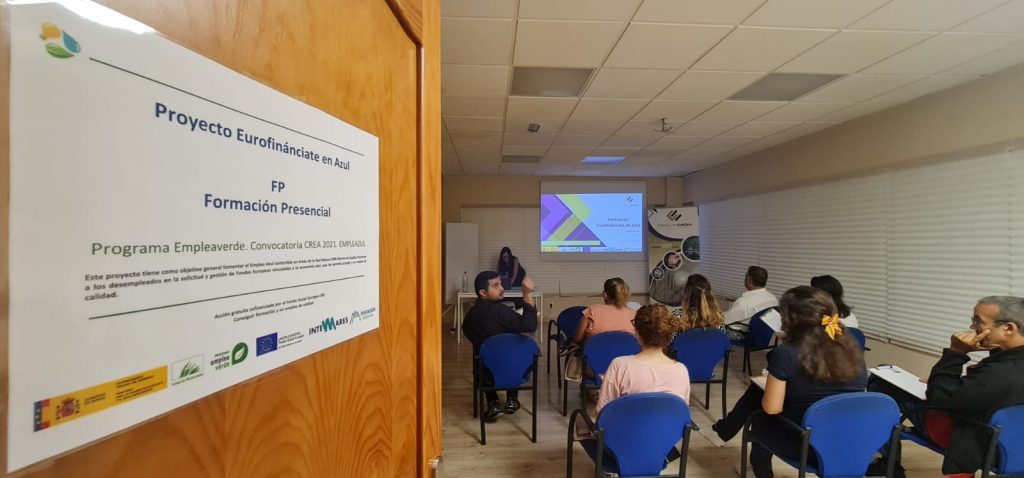
La formación será impartida por Michelle Perello, CEO de Consulta Europa, y las próximas sesiones serán los días 17, 22 y 23 de noviembre.
Si te interesa, todavía estás a tiempo de inscribirte para las próximas sesiones.
Puedes encontrar el link para el registro aquí
The EU regions where women thrive and where they are held back
The latest edition of the EU regional gender equality monitor is the first to capture aspects of gender equality at the regional level for almost all EU regions.
The regional gender equality monitor consists of two composite indices: the Female Achievement Index (FemAI) and the Female Disadvantage Index (FemDI). FemAI measures the level of female achievement compared to the best regional female performance, while FemDI assesses the level of female disadvantage by measuring if women are doing worse than men in the same region.
Results from the 2021 edition of the monitor show that the highest level of female achievement is seen in Nordic regions, with the highest score in the capital region of Helsinki-Uusimaa. At the opposite end of the spectrum, the lowest index score is observed in the regions Sud-Est in Romania. The French region of Auvergne has the smallest disadvantage, while the Greek region of Sterea Ellada has the biggest disadvantage.
A dedicated website within the JRC Urban data Platform offers a rich set of interactive maps and charts for a complete overview of how a region compares to the EU average, to a different region in the EU, or to the average region in more developed, transition and less developed regions in the EU.
Results are also available as INTERACTIVE DATA STORY in the European Commission Open Data Portal for the European Structural Investment Fund.
For more information, please visit: https://ec.europa.eu/regional_policy/en/information/maps/gender-equality-monitor
TOURISME’s first matchmaking event at Ecomondo Green Technology Expo
TOURISME organises the first matchmaking event in Italy (Rimini) on 8 and 9 November, as part of Ecomondo, one of the biggest expos in the Mediterranean basin for the green and circular economy.
The TOURISME project, coordinated by Consulta Europa, is pleased to invite its beneficiary SMEs to participate to a new matchmaking event, in a unique context: The Ecomondo green technology fair. This event is a leading show in Europe for technological and industrial innovation that brings together all sectors of the circular economy on a single platform: from the recovery of materials and energy to sustainable development.
On the first day, in the morning, two sessions will be held. A first 45-minute conference, to understand all the EU funding opportunities for tourism SMEs, with the participation of a representative of the European Commission. This conference will also include a presentation of the European Enterprise Network.
The second session will focus on the presentation of the MEET Ecotourism Footprint Calculator tool, as well as the DESTIMED PLUS tools and approaches to help SMEs to engage in Local Ecotourism Clusters. Participants will be guided through participatory work to discuss the main challenges and solutions for a low tourism footprint. They will then split into groups to simulate joint ecotourism packages and test live the MEET Ecotourism Footprint Calculator.
The afternoon will be dedicated to hold a project meeting within the TOURISME partners, to take stock of the activities implemented in the previous months and elaborate a solid plan for the next steps. At the same time, registered SMEs will be able to enjoy the wide and varied range of workshops and activities offered by Ecomondo.
The second day will be entirely dedicated to matchmaking and networking, both for SMEs and partners. Attendees will have the opportunity to register in advance on the Ecomondo website, to make sure they do not miss out on any opportunities and make the most of the event.
Consulta Europa presents the ATHENA project at ULPGC Workshop
Last Thursday, October 27, took place the Workshop ‘Gender Equality, Research and Transfer at the ULPGC’, in which our EU project manager Marlene Santacruz presented ATHENA, a project coordinated by Consulta Europa.
The seminar, organised by the Equality Unit of the ULPGC and hosted by the Institutional Headquarters of the university, focused on the II Equality Plan of the University of Las Palmas de Gran Canaria, which is part of the European project Horizon 2020.
Carmen Grau Pineda, Director of Teaching Staff, highlighted in her speech the importance of equality plans as a way to achieve effective equality in research. Carolina Mesa, Director of Equality, discussed the measures envisaged for the new plan, which recently began its implementation phase.
Finally, the seminar included a round table with the participation of female university researchers who enriched the workshop by sharing their experiences regarding the barriers they have encountered in their academic and professional careers. In addition, they contributed with ideas and possible measures that could be carried out within the different research fields.
Currently, the ATHENA project is in the implementation phase of the equality plans entrusted to the project partners, with the aim of generating a cultural change that avoids barriers and discriminatory practices in research institutions. All this has taken place in a week in which the European Gender Equality Week is also celebrated.
Consulta Europa offers free training on blue economy and European funds
Consulta Europa will organise a free course for unemployed people living in the Canary Islands next November. This is part of the Eurofinánciate en Azul (EFNA) project, funded by the Biodiversity Foundation of the Ministry for Ecological Transition and the Demographic Challenge through the Empleaverde Programme, an initiative for the promotion and improvement of employment, entrepreneurship and the environment.
This project aims to train unemployed people in Blue Economy and Management of European Funds. To this end, two actions will be developed: a face-to-face training (Finánciate en Azul) and a mixed individualised counselling (Euroblue).
The face-to-face training aims to train the beneficiaries in the minimum necessary subjects to be able to apply for and manage a blue economy project financed through European Union Funds. This training will last 20 hours and will take place on 16, 17, 22 and 23 November in Las Palmas de Gran Canaria.
On the other hand, the individualised mixed counselling will deal with the application and management of European Funds, in the subject chosen by the participants from those presented in the face-to-face training. This action will last 50 hours (10 face-to-face and 40 online). The aim is to put into practice what has been learnt by carrying out concrete actions.
The interest of this training is that once completed, participants will be able to prepare and submit a proposal to a call for proposals financed with European funds and will have developed a plan for its subsequent implementation and justification.
For registration, the only requirements are that participants are residents in the Canary Islands, unemployed, and registered as job seekers, having the DARDE in force at the time of registration.
If you are interested, don’t hesitate to register… It’s free!
Reserve your place here
State aid: European Commission approves a €500 million Spanish programme under the Recovery and Resilience Mechanism to support the roll-out of broadband backhaul networks in rural areas
The European Commission has approved, under EU state aid rules, a €500 million Spanish programme under the Recovery and Resilience Mechanism (RRM) to support the deployment of broadband backhaul infrastructure in rural areas. The aid programme is part of Spain’s strategy to meet the needs of citizens and businesses in the context of the digitisation of the country. It also contributes to the EU’s strategic objectives regarding the digital transition.
Executive Vice-President Margrethe Vestager said: “This €500 million Spanish funding scheme […] will help consumers and businesses in rural areas to access high quality mobile services, which will contribute to Spain’s economic growth and to the achievement of the EU’s strategic objectives regarding the digital transition“.
Under the scheme, aid will take the form of direct grants to electronic telecommunications providers and infrastructure companies. Beneficiaries will be chosen on the basis of an open, competitive, transparent and non-discriminatory selection procedure. The measure will finance the deployment of fibre broadband backhaul networks to connect selected base stations located in municipalities with less than 10 000 inhabitants and which, by the 31st December 2025, would, in the absence of support, not have a satisfactorily functioning infrastructure.
The programme aims to ensure the widespread availability of high performance mobile networks, capable of providing end-users with high quality and reliable electronic communications access services that meet their current and future needs.
For more information, please visit: https://ec.europa.eu/commission/presscorner/detail/es/ip_22_6171
Estigarribia and Zampieri inaugurate first inter-island tango festival
The public world champions of tango pista will take part in the first Archipiélago Tango festival, which will take place this weekend at the Real Club Náutico de Gran Canaria, where around 100 participants are expected.
The Real Club Náutico de Gran Canaria is hosting this weekend the first edition of the Archipiélago Tango Festival with the presence of two great tango masters, Dana Zampieri and Carlos Estigarribia. Both come directly from Buenos Aires, where the World Tango Championship is held every year and where they have been elected the best couple by popular vote. “We are very happy that they are coming to the islands for the first time, we will have a very close and special exhibition”, declared Michelle Perello and David Prieto, heads of the Escuela Tango Argentino Las Palmas and organisers of the event.
Estigarribia and Zampieri are currently one of the most successful couples on the tango pista scene. In the words of the organisers, their dance highlights the fluidity of the walk, the taste for the musical rhythm, the elegance of the embrace, the flexibility of the turns and the couple’s technical dialogue, as “they communicate in an exquisite way”, explained Perello.
In this sense, “Archipiélago Tango” also intends to host the best international couples in the coming editions, as well as proposing a new concept of a travelling tango festival. In this way, the initiative will reach the entire Canary Islands archipelago, help the tango community of the eight islands grow and bring the islands even closer to this discipline, which was declared a World Heritage by UNESCO in 2009.
The festival programme will include group classes, milongas – the social dance of tango – and an exhibition of world champions. It is estimated that around 100 people from all over the Canary Islands, Spain and Europe will attend. Archipiélago Tango also aims to contribute to the diversification of the tourist-cultural offer of the Canary Islands with an innovative and high quality programme. Specifically, the event is organised by the Escuela Tango Argentino Las Palmas, directed by the teachers David Prieto and Michelle Perello.
More information about the event on the official website: https://archipielagotango.com/#
Gran Canaria leads the pioneering AquaWind project to merge wind power and aquaculture
ACIISI presents the only European initiative that combines offshore renewable energy production and fish farming in Spain’s first floating wind platform, capable of jointly producing wind energy and high quality fish, thus reducing the occupation of marine space, at the Plataforma Oceánica de Canarias.
Tuesday, 11th October 2022.- The coast of Gran Canaria will witness the development of the first innovative prototype at European level that will merge wind energy production and aquaculture production of marine fish on a floating platform thanks to the European AquaWind project, whose official presentation took place this Monday and Tuesday at the Oceanic Platform of the Canary Islands (PLOCAN). The validation tests of the new prototype will be carried out more than two miles off the coast and will promote the optimisation of the use of marine space through the combination of two activities on a single platform. “It is the first floating wind platform, built and installed in Spain, which has two wind turbines and which has reached this level of technological development in the world. In addition, it will be a pioneering prototype in developing real tests of the viability of marine fish production in a combined system,” said Javier Roo, head of R&D&I projects at the Canary Islands Agency for Research, Innovation and the Information Society (ACIISI) and coordinator of the project.
AquaWind has been 80% co-financed with more than 1M€ by the European Executive Agency for Climate, Infrastructure and Environment, thanks to the European Maritime, Fisheries and Aquaculture Fund. The remaining 20% corresponds to funds from the project partners themselves, where it should be noted that more than 50% are SMEs, which is a good indicator of the effort being made in the Canary Islands through ACIISI to promote projects and activities of public-private collaboration and knowledge transfer in the field of regional R+D+I.
The pioneering prototype of an offshore wind generator, called W2Power and developed by the company EnerOcean, will generate offshore wind energy on a full scale with which it could supply more than 10,000 people per installed platform. “The W2Power concept seeks to be the most profitable floating wind solution and reduce the global cost of energy, thanks to the novelty of incorporating two high-capacity wind turbines and the possibility of housing additional functions due to the size and stability of the platform, such as the aquaculture, energy storage or harnessing wave energy” explained Pedro Mayorga, CEO of EnerOcean.

The European AquaWind project is coordinated from the Canary Islands by ACIISI, but has strategic partners from France, Portugal and Spain. The consortium also has key entities such as PLOCAN, which will lead the work of obtaining the necessary licences and permits, and the University of Las Palmas de Gran Canaria (ULPGC), responsible for the aquaculture system through the ECO-Aqua Institute, which will also have the support of Canexmar, a company dedicated to the commercialisation of fish. Likewise, the Fundación Canaria Parque Científico Tecnológico of the ULPGC will also support the management of the project, while the Clúster Marítimo de Canarias will be the meeting and dialogue place for all the agents related to the sea. Other strategic partners are WAVEC, experts in marine renewable energy solutions, offshore aquaculture and ocean engineering, and Innosea, specialists in multidisciplinary engineering, strategic advice and R&D consultancy in marine renewable energies, especially offshore wind.
AquaWind contributes to meeting the European Union’s strategic priorities in the Atlantic Ocean and, more specifically, in the outermost regions. In essence, the project contributes to the reduction of Europe’s carbon footprint by harnessing the potential of marine renewable energy resources to reduce dependence on fossil fuels and contribute to the economies of the Atlantic Member States, as well as contributing to the sustainable exploitation of the natural resources of the Atlantic seabed. The initiative also aims to improve maritime safety, reacting effectively to natural disasters and contributing to energy and food sovereignty, and is an example that is likely to be replicated in other areas.


